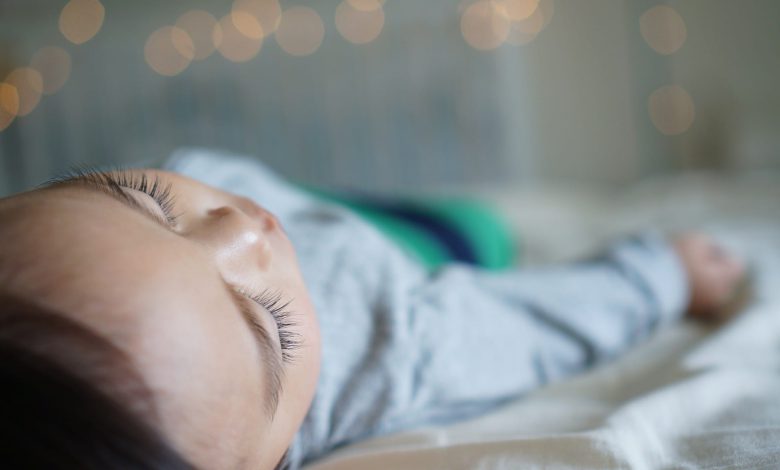Top Sleep Questions Parents Have: Answered

Top Sleep Questions Parents Have: Answered
Image by fujikama from Pixabay
Raising happy, healthy children can be complicated. It seems every day, parents receive new and conflicting information about what’s best for their kids. Making the right choices about what they eat, how much screen time they get, and more is enough to make any parent question themselves.
One area that often has parents scratching their heads — or pulling their hair out — is sleep. Clearly, sleep is important to a growing child, but most kids seem like they would rather do just about anything than go to bed. Throw in questions about where a child should sleep, how much sleep they should get, and what to do when your little one has trouble sleeping, and you can easily fall down the rabbit hole of conflicting advice and opinions.
To help, we’ve compiled a list of some of the most common sleep questions parents have, relating to children of all ages. These answers don’t replace the advice of your doctor, and if your child is having severe difficulties sleeping, a visit to the pediatrician is in order. But for more common sleep concerns? Read on for the answers you need.
How much sleep does my child need?
The ideal amount of sleep your child needs depends on his or her age, with newborns and infants needing the most sleep. Newborns should be snoozing upwards of 17 hours per day until they are about four months old when they start sleeping only 15 hours per day. The number of hours of required sleep steadily declines during the first year, but by the time your baby turns one, he should still be sleeping 12-14 hours per day. Most kids need to sleep between 12-14 hours per day until age 3 when they usually give up naps and only need between 10-13 hours per night until they start school.
School-age children (ages 6-11) usually need at least 10 hours of sleep per night. It’s not until they reach adolescence and their circadian rhythms change that kids should only be getting the 8-9 hours of shuteye recommended for adults.
Will my baby ever sleep?
If you are a new parent, you may be wondering if you’ll ever sleep again. The short answer is yes, your baby will eventually sleep “through the night” and you won’t feel like a total zombie. The bad news is that you can expect to have disrupted sleep for up to six years after your baby is born. Most babies begin sleeping for longer stretches around 6-8 weeks old, once their stomachs are big enough they can eat enough to stay full throughout the night. To help ease the process, establish a bedtime routine every night, make sure your baby naps during the day, create a calming sleep environment, and be patient. It will come.
How can I help my child sleep better?
Helping your child get better sleep involves many of the same steps you would take to get better sleep yourself. It begins with creating an environment conducive to sleep: Your child should have a comfortable, supportive mattress, and appropriate bedding. Avoid filling the bed with stuffed toys or other items that could prove too tempting for play or make her uncomfortable. The room should be dark, cool, and quiet to create the right ambiance for sleeping; if your child has a fear of the dark, a small night light is okay.
It’s also important to set the stage for sleep with a bedtime routine. This includes being consistent with bedtimes and wake up times. Develop a nightly routine, perhaps with a warm bath and a bedtime story. Choose bedtime stories for girls and boys that help your children rest and wind down for bed. By making bedtime consistent and following the same routine each night, your little one will naturally associate certain activities with bedtime and have an easier time sleeping.
When should I be concerned about my child’s sleep?
Most parents are innately aware of when their kids are tired and need some sleep. It’s natural for every kid to get overtired at times, or have a rough night’s sleep. However, because sleep is so important to your child’s growth and development, it’s important to be alert for the signs of sleep disturbances that could be a sign of a bigger problem. If your child is abnormally fatigued or has trouble paying attention, concentrating, or interacting with others, he may not be getting enough sleep. Interrupted sleep, especially when due to night terrors or nightmares, anxiety about going to sleep, or signs of an issue like sleep apnea should be evaluated by a doctor.
When it comes to sleep, everyone is different, and your child may be just fine with a little less sleep or need more sleep during different phases. As a parent, the best thing you can do is make sleep a priority and model good sleep habits, and help your child develop their own good sleep habits.





